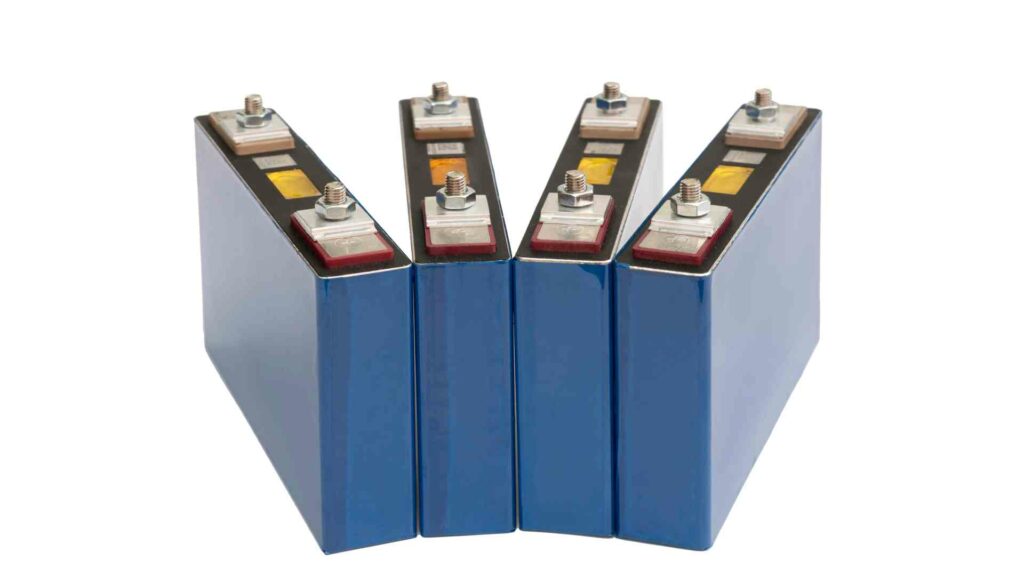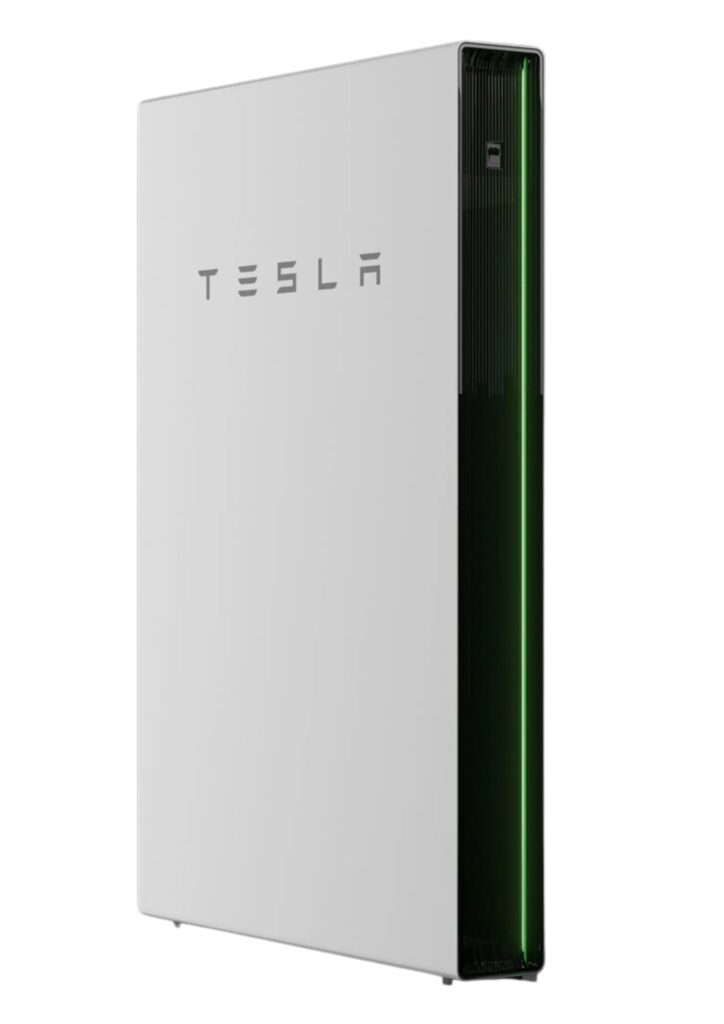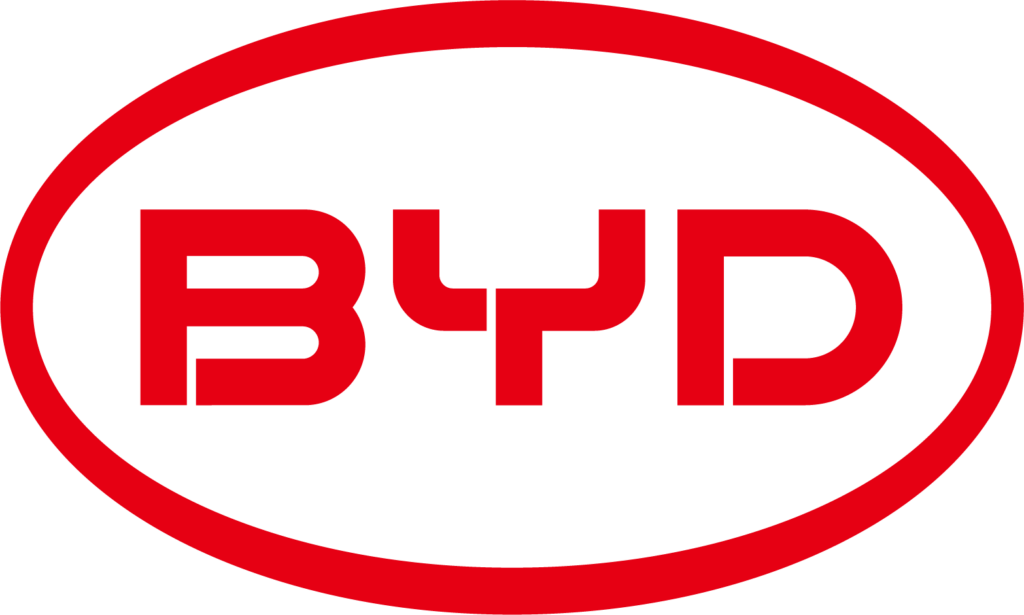
Lithium iron phosphate (LFP) batteries are a type of lithium-ion battery known for their safety, longevity, and efficiency. Over the past few years, LFP batteries have gained popularity in both home energy storage and electric vehicles. This blog post will explore what LFP batteries are, their advantages, disadvantages, and the companies that use them. We’ll also compare them with other battery chemistries to help you decide if an LFP battery is a good choice for your needs.
What is an LFP Battery?
LFP batteries use lithium iron phosphate as the cathode material. The anode typically consists of graphite, and the electrolyte is similar to other lithium-ion batteries. Unlike other lithium-ion chemistries, LFP offers improved thermal stability and greater safety, making them less prone to overheating or catching fire.
These batteries provide a reliable source of power for various applications, including electric vehicles, solar energy storage systems, and portable power solutions.
Advantages of LFP Batteries
LFP batteries are becoming increasingly popular for several reasons:
- Safety: LFP batteries have a more stable chemical structure, reducing the risk of thermal runaway, a common issue in other lithium-based batteries. This makes them much safer, especially for home energy storage and electric vehicles.
- Long Lifespan: LFP batteries generally last longer than other lithium-ion batteries, offering more than 3,000 charge cycles. This is about twice the lifespan of traditional lithium batteries, making them a more cost-effective solution over time.
- Efficient Performance: LFP batteries have high charge/discharge efficiency and can maintain a high energy density, even as they age. This ensures that they perform reliably for many years.
- Environmentally Friendly: Compared to other battery chemistries, LFP batteries use non-toxic materials and are more environmentally friendly. This makes them a sustainable choice for energy storage.
- Cost-Effectiveness: LFP batteries tend to be more affordable than other lithium-based batteries due to the abundance and lower cost of iron compared to cobalt or nickel.
Who Uses LFP Batteries?
Many manufacturers and industries have adopted LFP batteries. Let’s explore some of the major companies that use them.
Tesla and LFP Batteries
Yes, Tesla does use LFP batteries. The company started integrating LFP batteries in some of its models, specifically the Model 3, in 2020. Tesla’s decision to use LFP batteries was driven by their lower cost and longer lifespan. These batteries are used in the Standard Range versions of the Model 3 and are especially beneficial for markets like China, where Tesla uses LFP cells more widely.
Tesla has made the switch to LFP battery chemistry for the Powerwall 3.

Enphase and LFP Batteries
Enphase, a well-known name in home energy storage and solar solutions, also uses LFP batteries in their home storage solutions. Some of the reasons stated are for being considered safe, thermally stable and a having a long life life.
Electric Vehicles Using LFP Batteries
LFP batteries are increasingly used in electric vehicles, particularly in lower-cost models. Companies like BYD, one of China’s largest automakers, use LFP batteries extensively in their electric vehicles. Other manufacturers, including Tesla for certain markets, also use LFP in some models.
LFP vs Other Battery Chemistries
LFP is not the only option for energy storage. Several other battery chemistries are commonly used in home storage and electric vehicles. Let’s take a look at a few of them and how they compare with LFP:
- Lithium Nickel Manganese Cobalt (NMC): NMC batteries are known for their high energy density, making them a popular choice for high-performance applications like premium electric vehicles. However, they are more expensive and less environmentally friendly due to the use of cobalt. LFP batteries, on the other hand, offer a safer, more affordable, and longer-lasting alternative, though with a slightly lower energy density.
- Lithium Cobalt Oxide (LCO): LCO batteries are often used in consumer electronics like smartphones and laptops. They offer high energy density but are costly and have a shorter lifespan compared to LFP. They also tend to be more prone to overheating.
- Sodium-Ion Batteries: Sodium-ion batteries are a newer technology that could potentially rival LFP in the future. While they are more environmentally friendly, they currently lack the energy density and cost advantages of LFP batteries.
Are LFP Batteries More Expensive?
Generally, LFP batteries are less expensive than other lithium-ion batteries like NMC or LCO. The lower cost is mainly due to the use of iron, which is abundant and cheaper than cobalt or nickel. However, the price of LFP batteries has been fluctuating due to market demand and raw material costs. While they may be less expensive upfront, their longer lifespan and greater efficiency make them a cost-effective option in the long term.

Leading LFP Cell Manufacturers
Several companies specialize in manufacturing LFP cells. Some of the most prominent include:
- BYD: This Chinese company is one of the largest producers of LFP batteries, supplying them for both electric vehicles and energy storage systems.
- CATL: Another Chinese manufacturer, CATL is a leading supplier of LFP batteries for electric vehicles and energy storage projects worldwide.
- Piedmont Lithium: Based in the U.S., Piedmont is involved in the extraction and production of LFP and other lithium-based materials.
Conclusion: Is LFP Any Good?
LFP batteries offer a range of benefits, including safety, long lifespan, and cost-effectiveness. They are especially suited for applications where these qualities are crucial, such as home energy storage and electric vehicles. While they may not offer the same energy density as NMC or LCO batteries, their overall performance, safety, and environmental benefits make them a compelling choice for many consumers. As the demand for more sustainable energy storage solutions grows, LFP batteries will likely continue to play a significant role in the energy landscape.
If you’re looking for a reliable, safe, and cost-effective energy storage solution for your home or electric vehicle, LFP batteries might be an excellent choice for you.